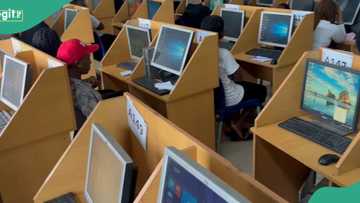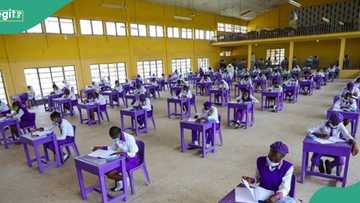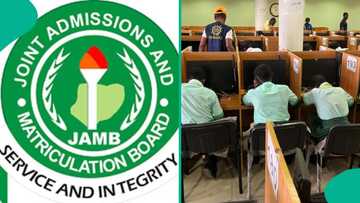WAEC’s 2026 Curriculum Overhaul: A Dangerous Gamble on Students’ Futures
Editor’s note: In this piece, education policy analyst Folaranmi Ajayi examines WAEC’s sudden curriculum changes for the 2026 exams. He shows how abrupt subject cuts, unclear guidelines, and tight deadlines are putting students, teachers, and schools under serious.
In Nigeria’s education sector, confusion seems to be the one constant. This time, the West African Examinations Council (WAEC) is at the heart of it. Barely six months to the 2026 West African Senior School Certificate Examination (WASSCE), the examining body has introduced sweeping curriculum changes that have thrown schools, teachers, and students into disarray.
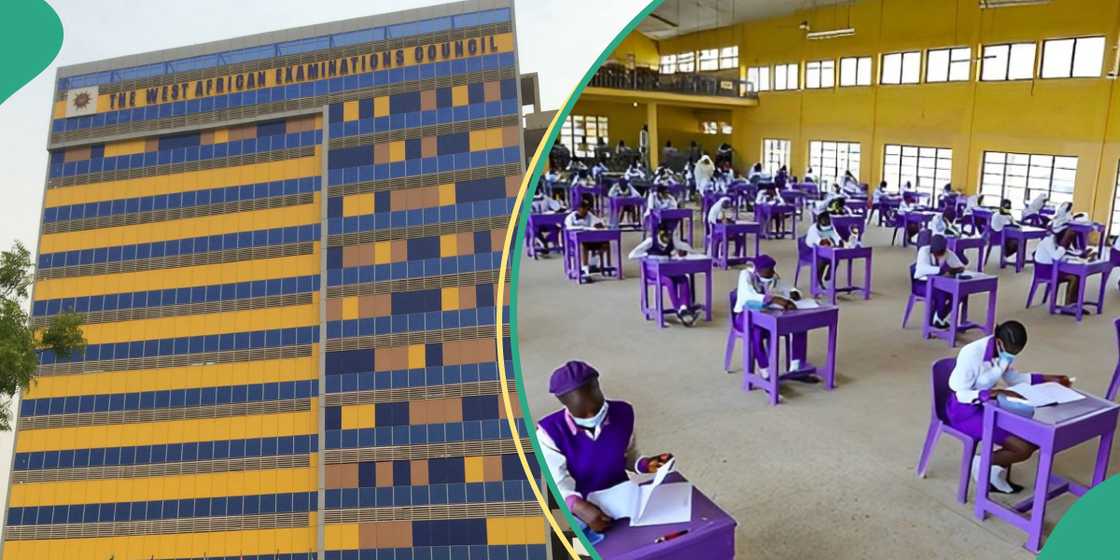
Source: UGC
Subjects such as Computer Studies, Data Processing, Photography, and Electrical Installation & Maintenance have reportedly been dropped from the 2026 examination list. Thousands of students who have studied these subjects since their Senior Secondary One (SS1) year now find themselves compelled to switch to entirely new subjects — with no official syllabus, no clear guidance, and less than six months to prepare.
To compound the confusion, WAEC has maintained its registration deadline of October 30, 2025. This means schools and candidates have mere days to navigate these changes or risk exclusion from the examination.
According to the Federal Ministry of Education, the latest reform is part of efforts to “decongest the overloaded curriculum and align it with skills-based learning.” In September 2025, the ministry unveiled a revised framework under which secondary school students would now take between eight and nine subjects, rather than the 15 to 20 previously allowed in some schools. The restructured curriculum, it said, would merge or reclassify several technical and trade subjects to promote practical learning.
WAEC, in its defense, claimed that the affected subjects were not entirely removed but “modified or merged under new titles” in line with the new curriculum. However, the Council has yet to publish an official list or detailed breakdown of these supposed new subjects on its website or any verified public platform.
More troubling is that WAEC’s Head of National Office stated that these reforms were “stakeholder-approved”, a claim many educators contest. Principals, teachers, and even state education boards have insisted that they were not consulted before these major changes were announced.
The timing of this reform could not have been worse. Nigeria’s education system is already reeling from poor academic outcomes. According to WAEC’s 2025 result summary, out of 1,969,313 candidates who sat the examination, only 38.32 per cent obtained credits in at least five subjects, including English Language and Mathematics. This represents a drastic fall from 72% in 2024. WAEC itself attributed the decline partly to curriculum misalignment and inadequate preparation.
Now, with the sudden introduction of an even more confusing curriculum, the situation is likely to deteriorate further. Teachers have complained that their lesson plans and schemes of work no longer correspond with the new structure. Students preparing for their final examinations are uncertain about which topics to study. With no official Areas of Concentration (AOC) or syllabus released, both schools and parents are left in the dark.
The new subject combination policy has also attracted widespread criticism. WAEC now mandates that students choose between seven and nine subjects, including English Language, Mathematics, and Civic Education, alongside newly defined “stream-specific” subjects. More controversially, students in the Science and Arts streams can no longer register for Economics, which is now reserved exclusively for the Commercial stream.
This rigid framework eliminates cross-disciplinary flexibility, long seen as a strength of Nigeria’s secondary education system. A science student aspiring to study Agricultural Economics or an arts student with an interest in Business Administration, for example, will now find those paths effectively blocked.
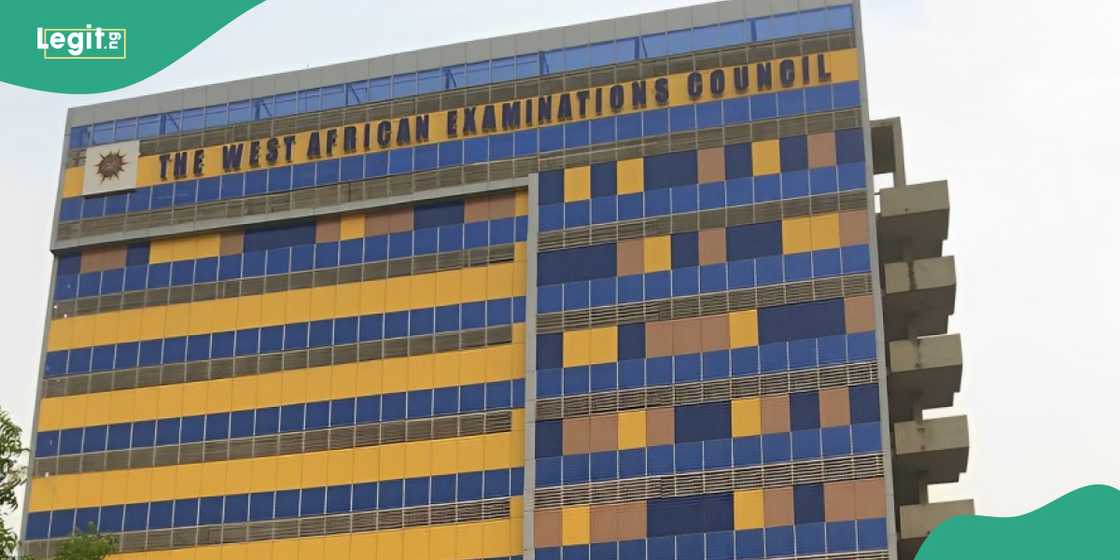
Source: Facebook
Education columnist Chika Oparaji aptly described the reform as “confusion masquerading as reform”, warning that WAEC risks “locking students into boxes before they’ve even discovered their potential.”
Curriculum reform, in principle, is not the problem. The issue lies in how it is being implemented. Large-scale reforms require careful planning, phased execution, teacher retraining, and widespread sensitisation. None of these has been done. Instead, there has been a top-down announcement, leaving schools to scramble for direction.
The Nigerian Educational Research and Development Council (NERDC) and the Federal Ministry of Education have yet to release a clear implementation roadmap. As of late October, many school administrators are still uncertain about which textbooks to procure or which topics will appear in the 2026 examination. The opacity is both unfair and unprofessional.
Let’s call it what it is — a looming disaster. Students who have spent two academic years studying practical and ICT-oriented subjects are now being told to start afresh. Many schools lack the resources to pivot so quickly, and teachers are untrained in the newly imposed subjects.
WAEC may not deliberately wish for students to fail, but its current approach virtually guarantees it. The combination of poor timing, inadequate communication, and lack of transitional support is a recipe for mass failure.
To avert a national embarrassment, WAEC must urgently act. The examining body should extend its registration deadline beyond October 30, publish the complete 2026 syllabus and subject combination guidelines, and provide Areas of Concentration or transitional relief for students who began under the old structure. Allowing the previous subjects to run for one final examination cycle in 2026 would help ease the transition and prevent large-scale academic disruption.
WAEC’s motto is “Measuring Learning with Integrity.” Yet integrity begins with transparency and responsibility. The Council cannot demand excellence from students while fostering confusion through poor communication and policy inconsistency.
If WAEC truly values fairness and educational progress, it must correct this course immediately. Otherwise, this hasty reform risks not only undermining the credibility of Nigeria’s education system but also jeopardising the futures of millions of students who depend on it.
Folaranmi Ajayi is an educator, journalist, and education policy writer passionate about transforming Nigeria’s education sector.
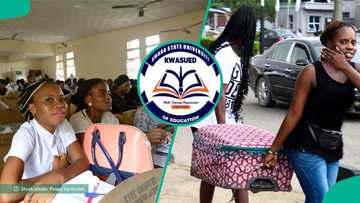
Read also
Parents confront new Kwara University after management threatens to revoke students’ admissions
Disclaimer: The views and opinions expressed here are those of the author and do not necessarily reflect the official policy or position of Legit.ng.
Don't miss out! Join Legit.ng's Sports News channel on WhatsApp now!
Proofreading by Funmilayo Aremu, copy editor at Legit.ng.
Source: Legit.ng


